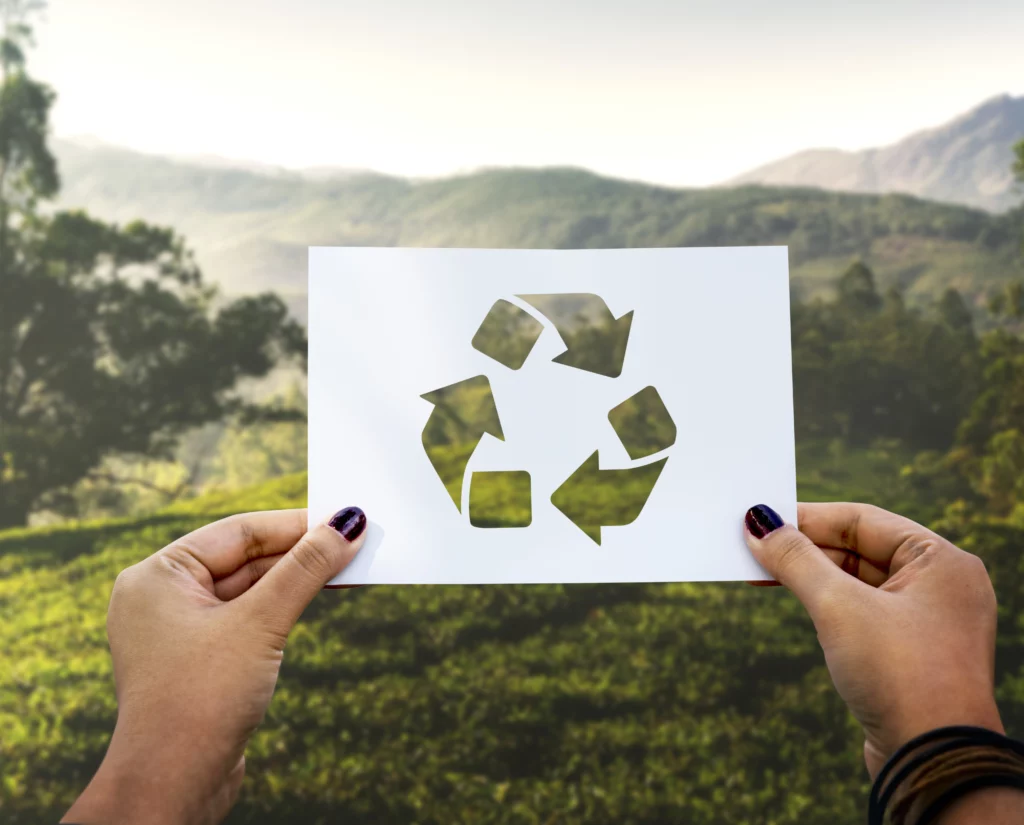Introduction
Ireland has come a long way in its journey towards sustainability, particularly in the realm of recycling. Recognizing the pressing need to protect the environment and conserve valuable resources, the Irish government and its citizens have made significant strides in establishing and expanding recycling practices across the country. This article explores the past and current state of recycling in Ireland, highlighting the milestones achieved and ongoing efforts to create a greener and more sustainable future.
The Early Days
In the early 1990s, Ireland faced numerous environmental challenges, including a lack of waste management infrastructure and a high dependence on landfills. However, the government recognized the urgency to address these issues and embarked on an ambitious path towards recycling and waste reduction. In 1996, Ireland introduced the Environmental Protection Agency (EPA), which played a pivotal role in formulating and implementing recycling policies.
Milestones Achieved
One of the significant milestones in Ireland’s recycling journey was the introduction of the Waste Management Act in 1996. This legislation laid the foundation for a comprehensive waste management strategy, emphasizing the principles of recycling, waste prevention, and landfill diversion. Furthermore, the Landfill Directive implemented in 1999 set targets to reduce the amount of biodegradable municipal waste being sent to landfills.
The year 2001 marked another crucial development with the initiation of the “Bring Banks” program. This network of recycling collection points allowed citizens to drop off items such as glass bottles, cans, and textiles, promoting a culture of recycling at the community level. The program’s success led to the establishment of over 3,500 bring banks nationwide.
Building on this success, Ireland implemented the Pay-By-Weight system in 2003, which encouraged households and businesses to reduce waste by charging them according to the weight of their non-recyclable waste. This approach incentivized recycling and led to a significant decrease in waste generation.
Current State
In recent years, Ireland has continued to make remarkable progress in its recycling efforts. The country has set ambitious targets to become a leader in waste management and recycling in Europe. The Waste Action Plan for a Circular Economy, launched in 2020, outlines the government’s commitment to achieving a recycling rate of 65% by 2035, along with other key objectives.
The implementation of the Waste Electrical and Electronic Equipment (WEEE) Directive has been instrumental in managing electronic waste effectively. It requires producers to take responsibility for the collection and recycling of electrical and electronic equipment, ensuring the proper treatment of potentially hazardous materials.
Single-use plastics have also been a focal point of Ireland’s recycling initiatives. The introduction of a plastic bag levy in 2002 dramatically reduced plastic bag usage, and subsequent measures have targeted other single-use plastics, such as disposable cups and cutlery. Additionally, efforts are underway to promote the use of compostable packaging materials and explore innovative solutions for plastic waste recycling.
Conclusion
Ireland’s commitment to recycling and waste management has yielded remarkable results over the years. From the early establishment of the EPA to the introduction of various policies and initiatives, the country has made substantial progress in reducing waste, diverting materials from landfills, and promoting recycling at all levels of society. However, challenges remain, and continuous efforts are necessary to meet and exceed the ambitious targets set for the future. With a dedicated government, engaged citizens, and ongoing innovation, Ireland is on track to becoming a shining example of sustainable waste management and recycling practices on the global stage.

